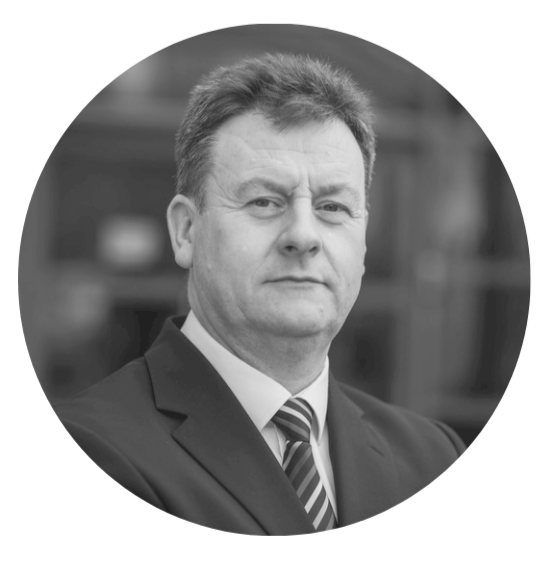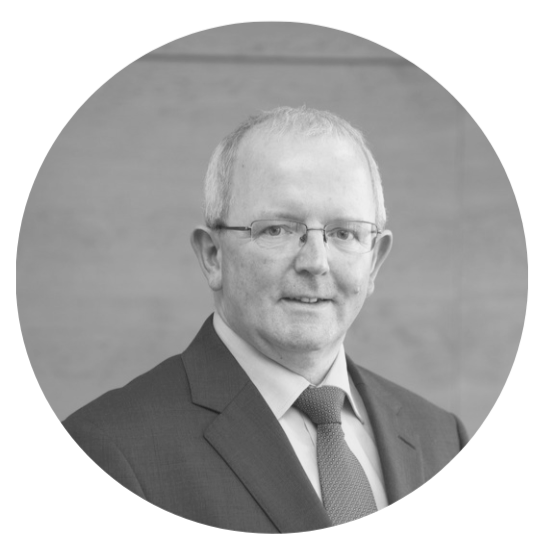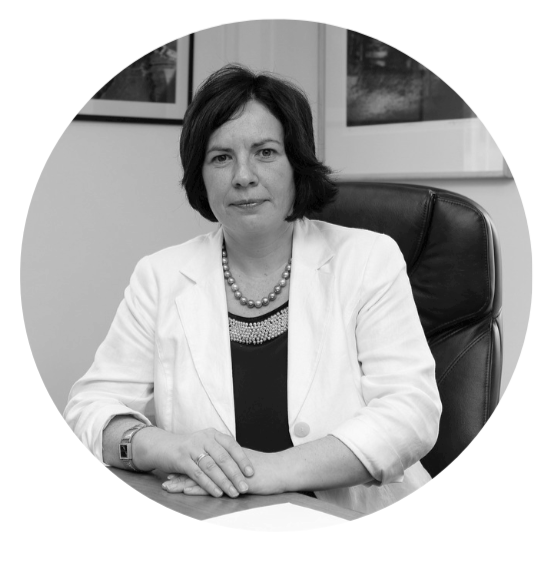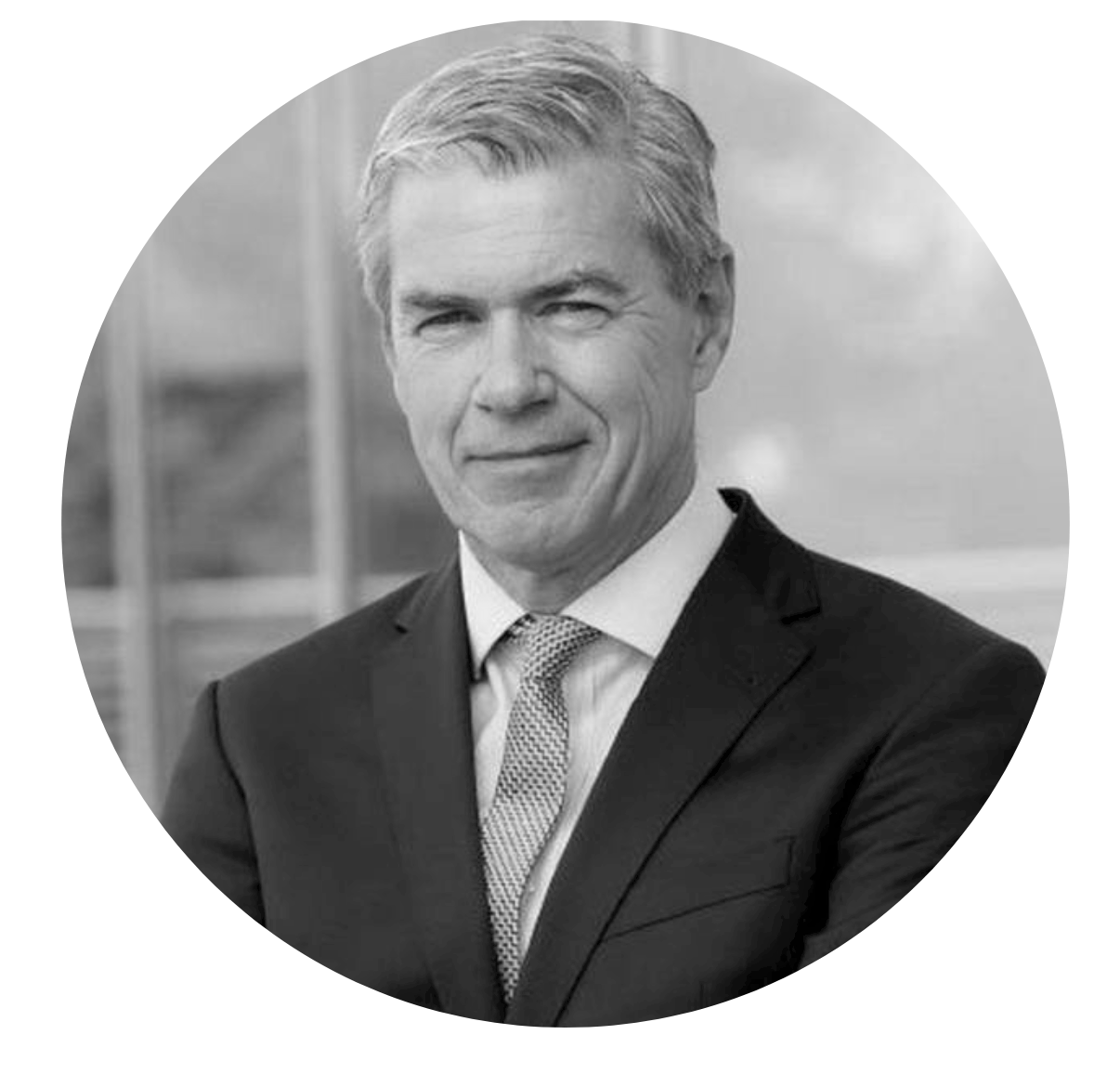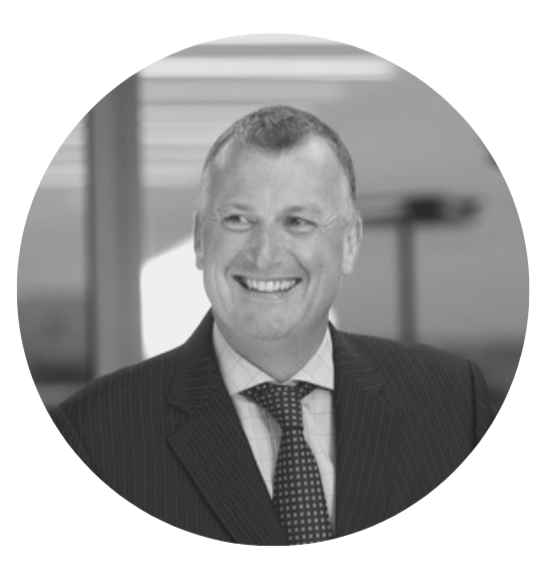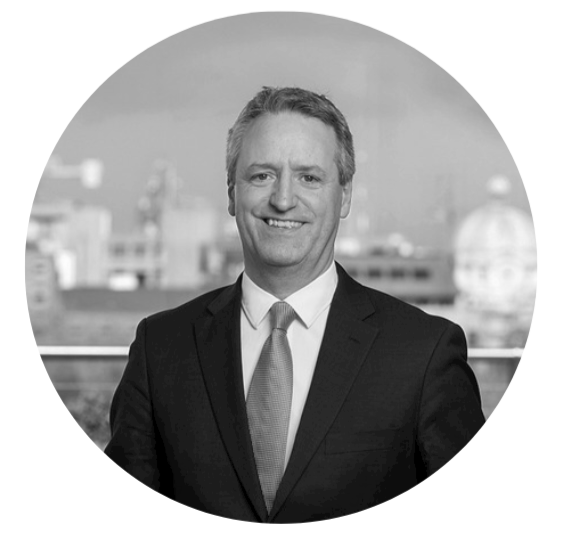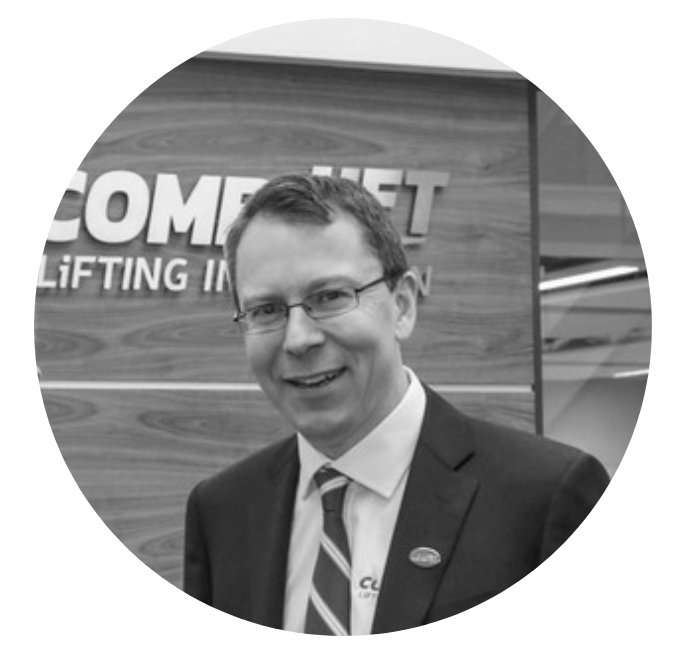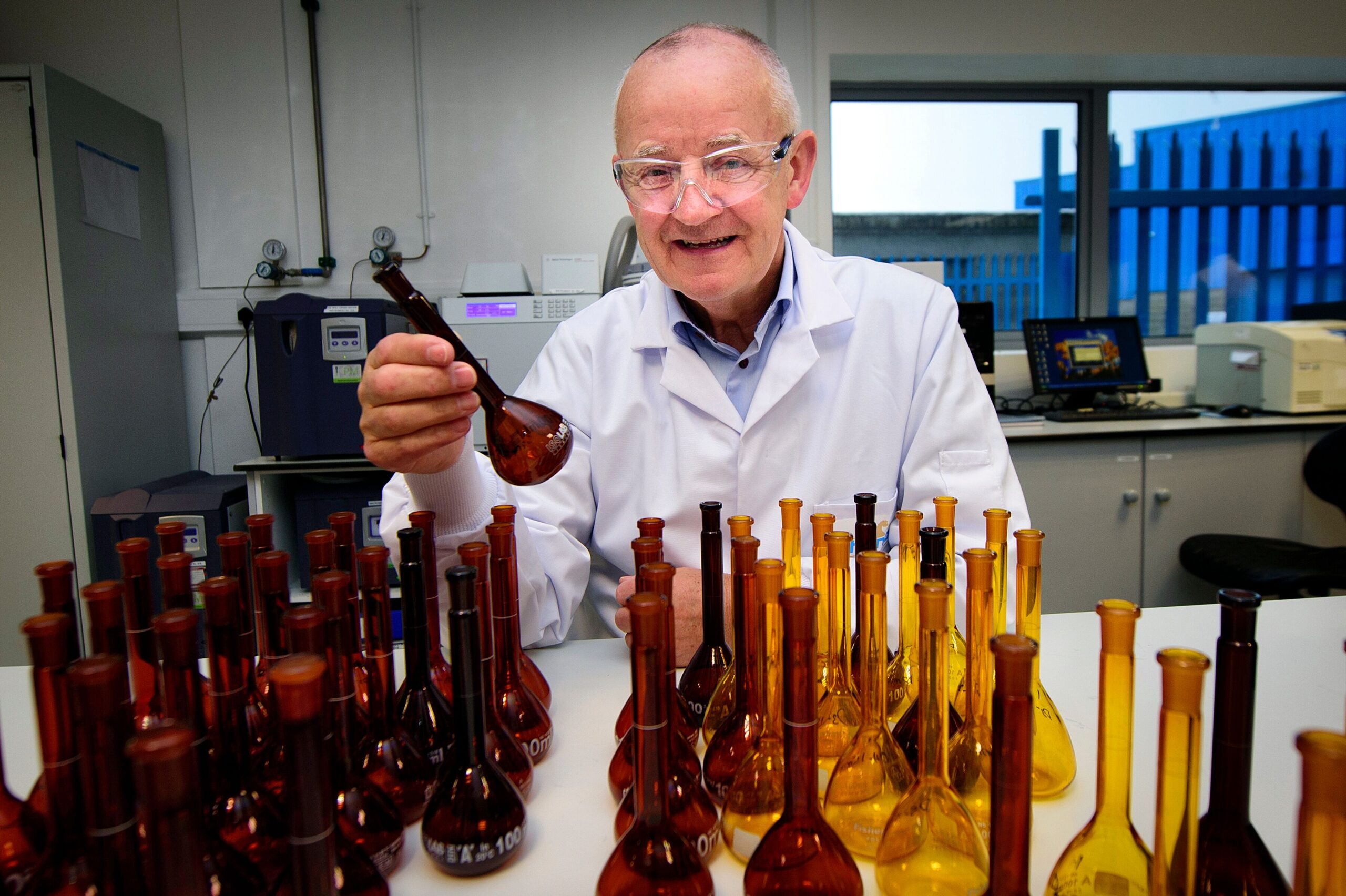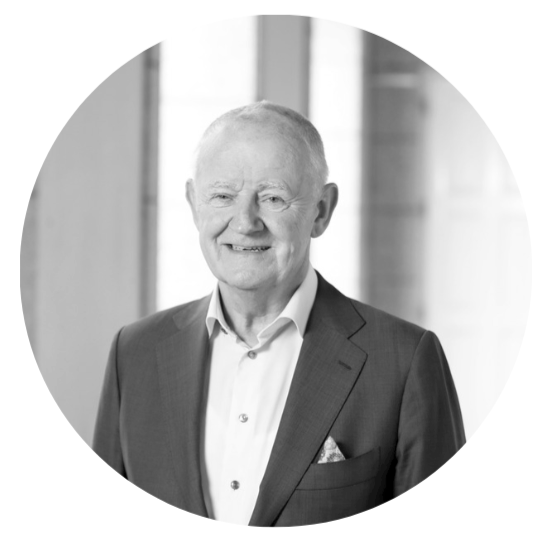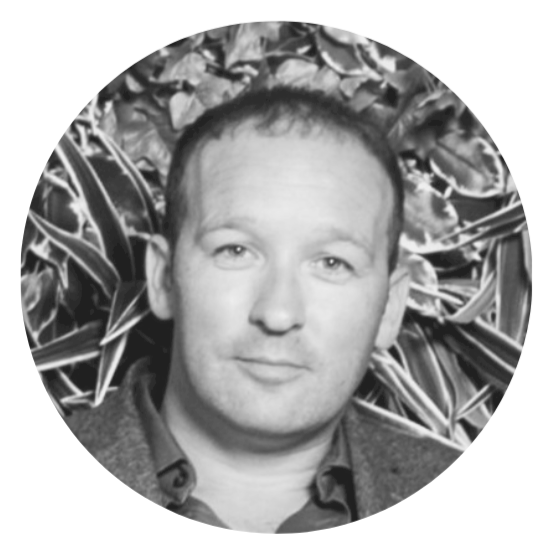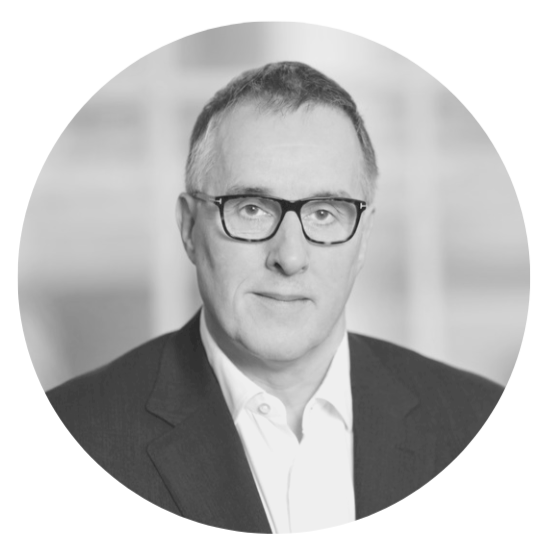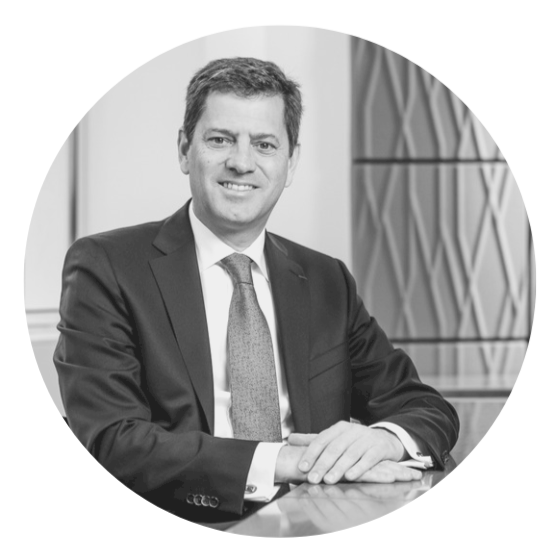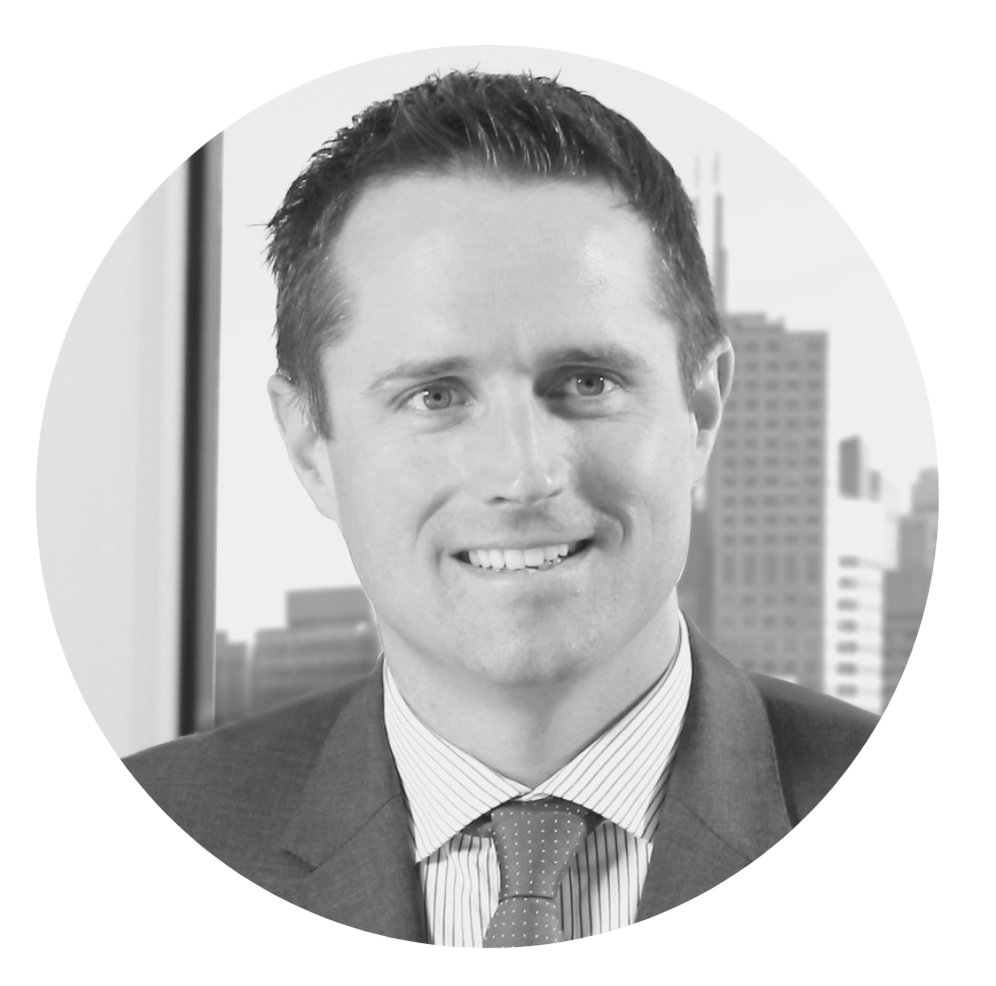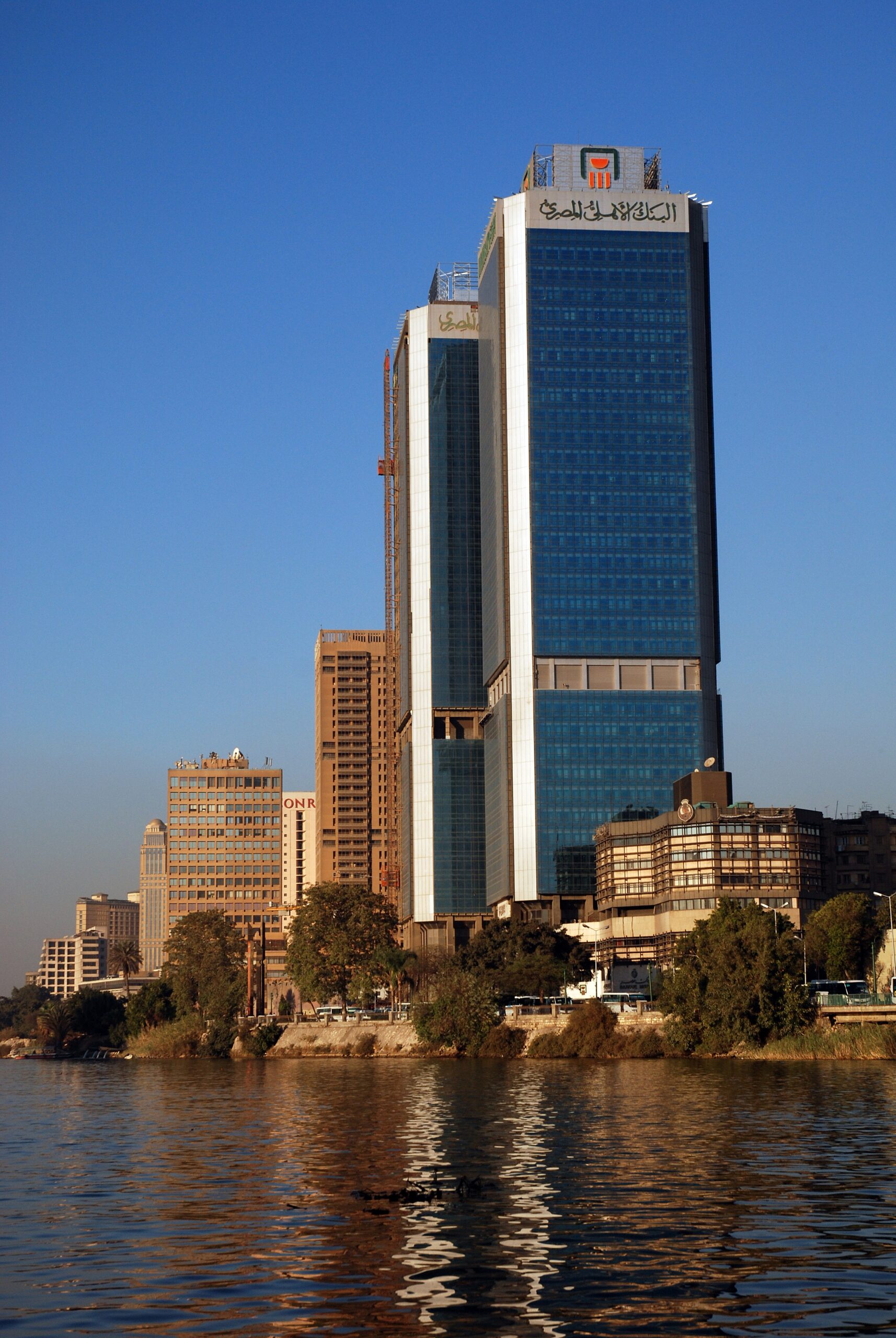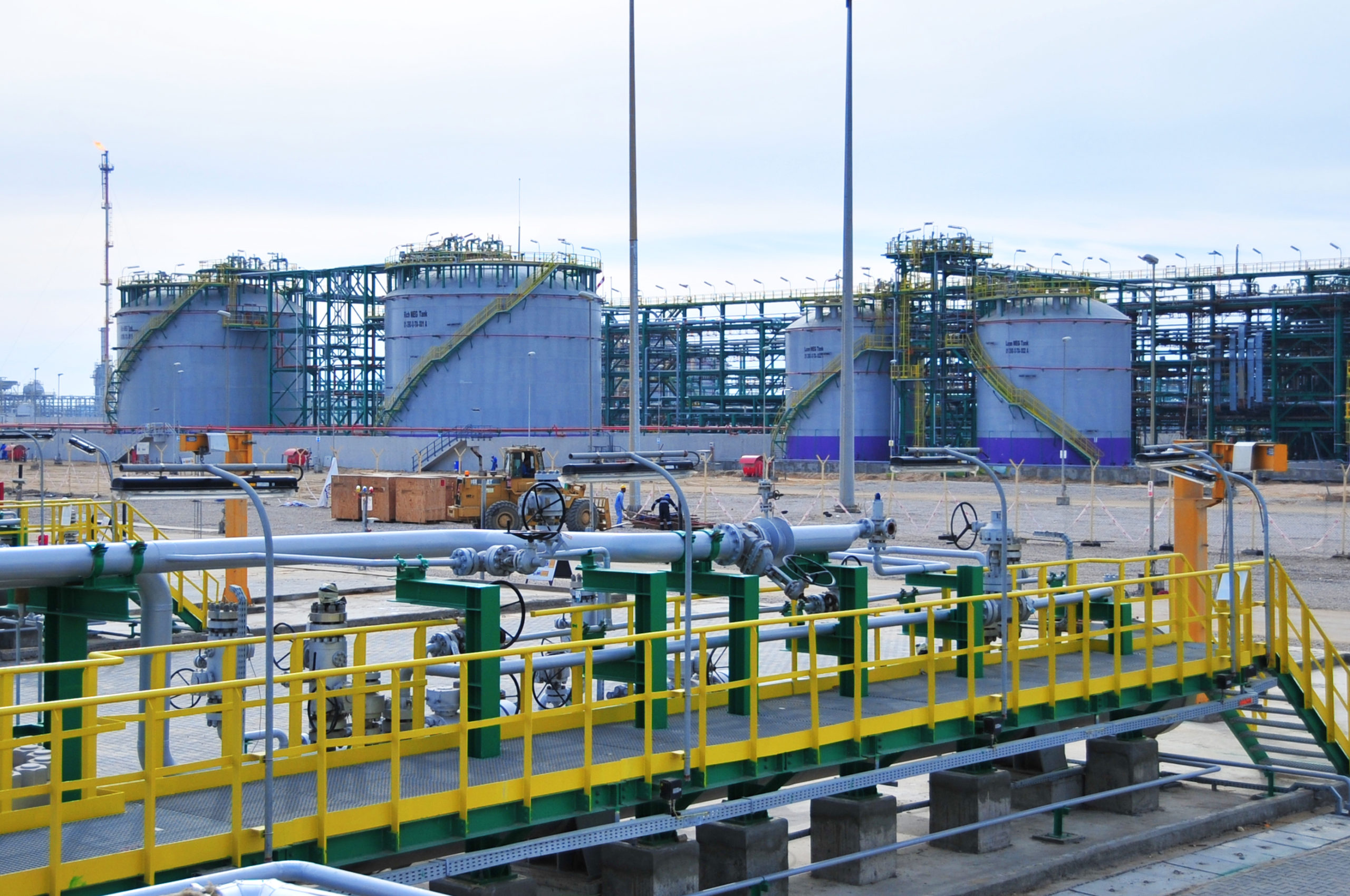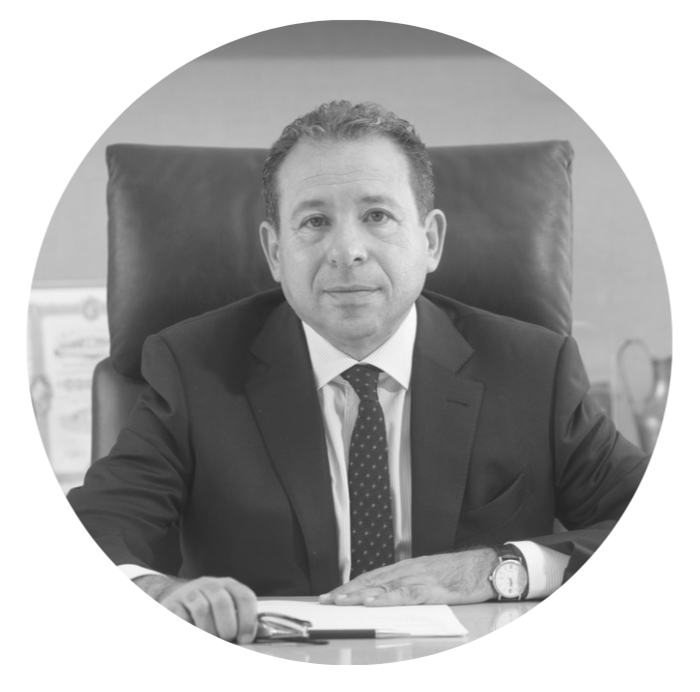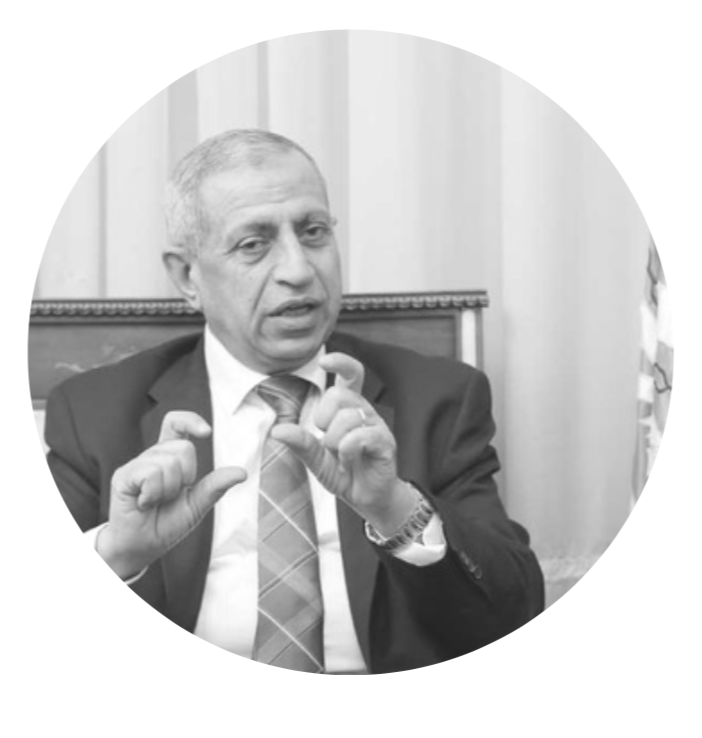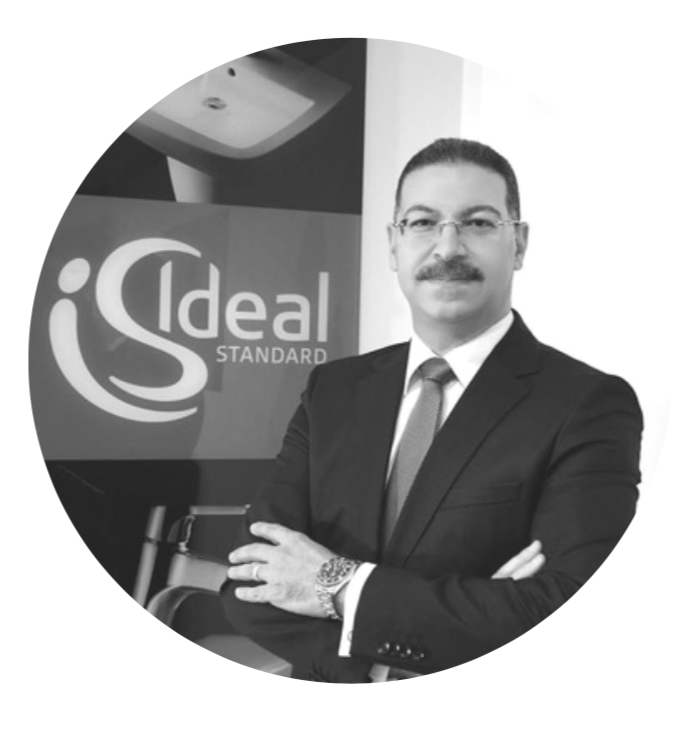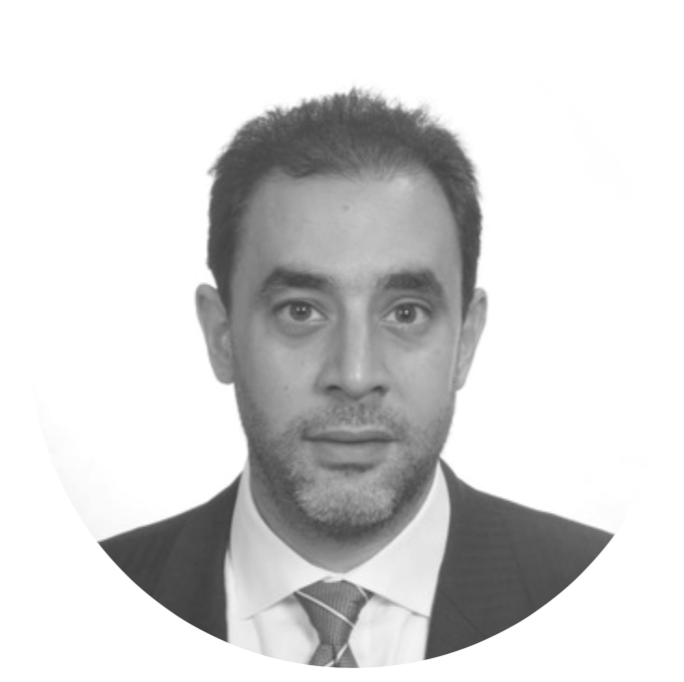
For a small independent country with a population of 8.6 million, Switzerland has become a surprisingly strong industrial player with an ecosystem that is robust and competitive. Swiss industry represents over 25 percent of the country’s GDP, and is an important central component of the economy. A highly vigorous global production and research network compliments the strengths of neighboring countries.
Switzerland is home to global companies that represent nearly one-third of the country’s value creation, but it truly is small and medium enterprises (SMEs) that dominate. Over 99 percent of Swiss industrial companies employ less than 250 people. They remain competitive by becoming the indisputable global leaders of extremely innovative products catering to niche fields.
According to Hans Hess, former President of Swissmem, the association for Switzerland’s mechanical and electrical engineering industries (MEM industries), “Innovation is not a top-down mandate, but rather a grassroots, market-driven force that is part of our culture and led by the population’s entrepreneurial spirit. Swiss companies strive to find technical solutions to complex challenges.”
The small national market size encourages companies to expand abroad. The Swiss economy is primarily export-oriented, with the ratio of export trade to GDP being one of the highest in the world. While nearly 60 percent of Swiss industrial exports go to the EU, the USA is the second most important export market and has increased from 9 percent to 14 percent over the past ten years. Swiss companies have opened numerous USA subsidiaries and on the ground research and development premises.
According to Hess, “Swiss industry has proven itself a valuable supplier to American industry. A joining of forces through a free trade agreement (FTA) will foster further cooperation. There is increasing interest from both sides, and we all believe the FTA will be a win-win scenario.”
“Switzerland is the site of our global headquarters and a key R&D location where we focus on innovation, quality, and designing products experiences that impact people’s everyday lives across the world.”
Bracken Darrell, CEO, Logitech
Bracken Darrell, CEO of Logitech, highlighted this strong relationship, “Logitech is a design company that connects people to digital experiences so they can create, achieve, and enjoy more. We’re Swiss-American, with key offices in Lausanne, Switzerland and Newark, California. Switzerland is the site of our global headquarters and a key R&D location where we focus on innovation, quality, and designing products experiences that impact people’s everyday lives across the world.”
As a production location, Switzerland is expensive, but remains a leading base for advanced manufacturing. In addition to further developing experimental robotics and digital solutions, companies already possess high-performance production facilities and are optimizing their manufacturing processes. These highly automated production facilities rely on an extensive network of existing suppliers that not only understand the advanced production processes of Industry 4.0, but have been installing tried and tested technologies to increase efficiency and cost savings for years.
“A big part of our company’s success is manufacturing in Switzerland. Although labor costs are high, we benefit from a low cost of capital, precision and high quality.”
Marco Zavalloni, CEO, Curaplast
According to Marco Zavalloni, CEO of Curaplast, the manufacturing subsidiary factory of Swiss oral healthcare company Curaden, “A big part of our company’s success is manufacturing in Switzerland. Although labor costs are high, we benefit from a low cost of capital, precision and high quality. Switzerland’s rich culture in automation and expertise with special tooling is a huge asset for companies seeking solutions for complex problems. We once developed a local solution that increased the number of products we could fit in a mold from eight to thirty-two, something suppliers abroad said was impossible. It was a game-changer for our company’s productivity. We manufacture within the Canton of St.Gallen. Our factory is full of automated technologies, robotic arms, and conveyor belts. We can produce our toothbrushes with flawless Swiss precision, fitting 5,460 bristles into a toothbrush head in just two and a half seconds.”
Such close-knit collaborations have been essential for Swiss companies. According to Dr. Oliver Pabst, CEO of Mammut, a Swiss brand, “Swiss technological innovations are applied by manufacturers in many products that are shaping global brands. It is thanks to continuous collaborations in innovation that Swiss companies can maintain the iconic Swiss long-lasting quality reputation.”
These optimal conditions create an ideal environment for globally-minded companies to set up high-performance production facilities, and as a result, important clusters have emerged. For instance, the Swiss life science industry has capitalized on this valuable environment and nurtured the highest level of productivity worldwide. Players such as Roche, Novartis, Johnson & Johnson and Syngenta built specialized production facilities, and contributed to increasing Switzerland’s outstanding reputation worldwide. For example, Johnson & Johnson, which has a long history in Switzerland, employs 4,400 people, and is developing digital, data and advanced analytics capabilities while driving research in their internal pulmonary hypertension therapeutic area.
The MEM industry cluster, led by internationally-oriented Swiss SMEs, has become the biggest industrial employer, and turned the nation into one of the biggest industrial exporters per capita. Expanding on the role of SME’s Dr. Marc von Waldkirch, CEO, Sensirion underlines “Swiss SME’s are an important economic pillar for Switzerland. Many Swiss companies go abroad as the local market is very small, and many hidden Swiss SME champions successfully compete in global markets with their innovative solutions. We often go unnoticed and should do more to show the important role of Swiss SME’s.
ICT is another widespread cluster. Switzerland has excellent server infrastructure, fast internet connections, and a stable cost power supply. Swiss companies confidently turn to state-of-the-art technologies and become early adopters of advanced ICT solutions. Dr. Stephan Wartmann, CEO, Brugg Group stated “Swiss companies offer long lasting Swiss quality, and innovative product lines that are examples of how tech innovation can shape the future. They are present globally and markets utilize Swiss expertise within many international iconic locations, including the One World Trade Center in New York.”
Research and development (R&D) centers are another niche cluster. Cutting edge startups and global corporations such as Apple, Disney, Google, Facebook, IBM, Microsoft, Oracle, and Samsung are actively expanding R&D operations in Switzerland.
“The Swiss have deeply ingrained social values, and when it comes to acquiring goods, we will often avoid products that are not responsibility sourced.”
Frank Ziemer, CEO of Ziemer Group
Frank Ziemer, CEO of Ziemer Group, underlined another important value, “The Swiss have deeply ingrained social values, and when it comes to acquiring goods, we will often avoid products that are not responsibility sourced. The social values ingrained within our society help drive innovation towards more socially and environmentally sustainable products. At Ziemer Group, we work on fundamentally changing the ophthalmology market by creating technology that improves the quality of eye care. While advancing our purpose, we also ensure to act responsibility and implement sustainability practices where possible.”
In the face of these developments, Swiss industrial companies have a clear vision. Innovation and sustainability remain key elements to remaining competitive.

